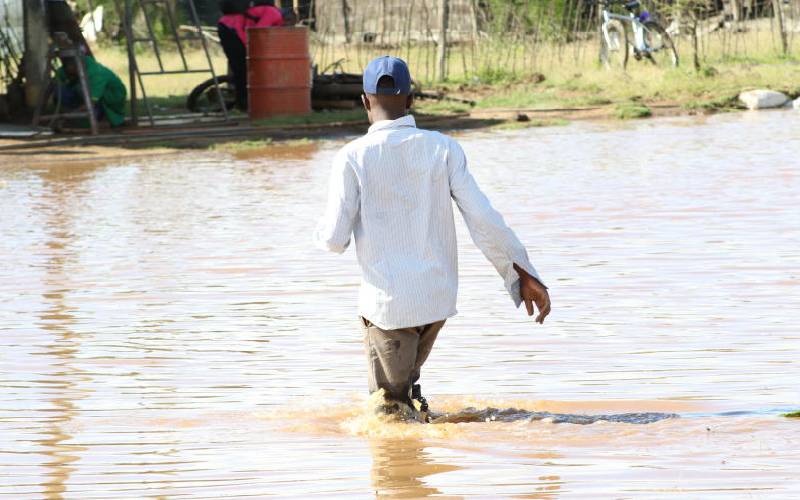 Land is a national asset in many countries, not meant to be privately owned. Allow me to give Vietnam as a quintessential example of what I mean. While on a trip to the South East Asian nation of 95 million plus recently, I was shocked by the fact that the word ‘landless’ so common here was practically non-existent in their vocabulary.
Land is a national asset in many countries, not meant to be privately owned. Allow me to give Vietnam as a quintessential example of what I mean. While on a trip to the South East Asian nation of 95 million plus recently, I was shocked by the fact that the word ‘landless’ so common here was practically non-existent in their vocabulary.
I was impressed by their dedication of land to food production and other agricultural activities. I noted that water sources were sacrosanct and inviolably guarded. The Red River that flows through Hanoi, the capital city, is alive with fish and other marine life. It literally breathes as opposed to the open running sewer that is the Nairobi River and its tributaries.